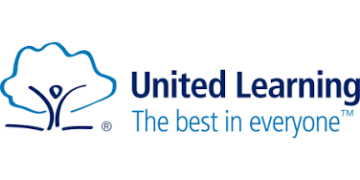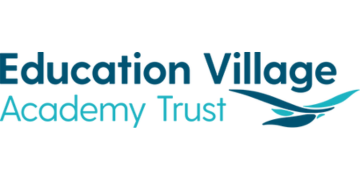Last week’s blueprint from ASCL marks the latest stage in a growing misunderstanding around the original philosophy and vision for academy trusts ̶ envisaged by Tony Blair and Andrew Adonis, and later expanded upon by Michael Gove. It’s a philosophy and vision that seem to have been increasingly clouded by the passage of time and the tenure of multiple education secretaries.
Blair, Adonis and Gove may be controversial figures, but in generating academy freedoms they recognised that one-size-fits-all national solutions devised in Whitehall rarely translate into improvement and innovation. Their aim was to create a system where the vision and direction of our schools, the development of collaborative improvement models and the content of the curriculum were shaped by those best placed to do it, governing boards and expert leaders and teachers on the ground. These are, after all, the people who know their profession, their subjects, their communities and their contexts best.
Sadly, in recent weeks we have seen a number of proposals put forward that seem to misunderstand this philosophy. A private member’s bill has been introduced in parliament that would give Ofsted powers to create a national, one-size-fits-all, inspection framework for academy trusts. This was reinforced by a new paper from ASCL, which seems to call for something similar, and goes further in proposing that all academy trusts and schools should adhere to a national curriculum.
So much for the once-cherished notion of giving the profession more freedom and autonomy, and communities a much greater role in providing accountability; these developments simply demonstrate a faith in national solutions devised far away from the school gates.
Recent trends seem to leave the freedoms given to trusts in a very precarious place
But in reality these are just the latest in a slow creep of top-down solutions placed on trusts and schools. Some have been curtailed in their decision-making by government when making seemingly sensible calls around opening dates and remote learning. We’ve seen regional schools commissioners look to increase their involvement in the appointment of chief executives, potentially undermining the autonomy of trust boards; not to mention a deluge of government-designed professional qualifications, hubs and funding rounds. This Conservative government, at least until now, seems intent on getting very involved in the detail of running schools.
On inspection, Ofsted’s current approach of undertaking summary evaluations of trusts (a model that provides insights rather than formal judgment) seems to strike the right balance between oversight and the freedom to create local solutions. There’s no reason why this should be compromised.
Just last week, in announcing the expansion of summary evaluations, Ofsted’s Lee Owston said the inspectorate “has no view on the best structure of a MAT and we don’t want to have a preference on how individual MATs operate”. Moving towards a national inspection framework would be a reversal of that position. It would generate a template for running trusts and undermine the innovation and flexibility around models of educational delivery that are fundamental to the trust model.
So does a new ministerial team in Sanctuary Buildings herald more of the same, or a rediscovery of the potential of schools’ and leaders’ autonomy? Recent trends certainly seem to leave the freedoms given to trustees and trust leaders in a very precarious place. The implications of proposals like those put forward by ASCL are profound. Trust boards and leaders would spend more time looking upwards to government and centrally prescribed frameworks and less time looking within – to their teams – for ideas and solutions, or outwards – to their communities – for insight and accountability.
At heart, this is about a fundamental difference in approach to system leadership. On the one hand is professional autonomy reinforced by intelligent oversight. On the other, a culture of top-down prescription that can only discourage sector-led improvement and stifle innovation.
In other words, the question of trusts is a question of trust. So before they move forward, let’s hope the new team of ministers reflects on their underlying purpose. Because if there’s any top-down activity to be carried out from the Department for Education, it is surely to safeguard the progress we’ve made towards the much-heralded self-improving education system, and to enable leaders and teachers to realise its full potential.
Forum Strategy’s fourth annual National CEO Conference takes place in Nottingham on Wednesday 29 September















I’m afraid the writer misreads the motivation of Michael Gove and his successors in expanding the academy system. The whole point of their actions was and remains the polar opposite of giving autonomy to “governing boards and expert leaders”. Gove’s excoriation of experts was a massive clue! It was to create a system entirely controllable by central government, ensuring that schools and trusts became, like Ofsted, third party agencies fulfilling the government’s centralising agenda. That is what is happening and anyone who believes otherwise has only to look at the current trend in every other department of the government’s work to see what is happening. The centralisation described by Michael Pain is not an aberration. It has been the evident desired outcome since 2010: a system of regulated compliance with the DfE’s direction of travel, leaving no room for school or trust autonomy.